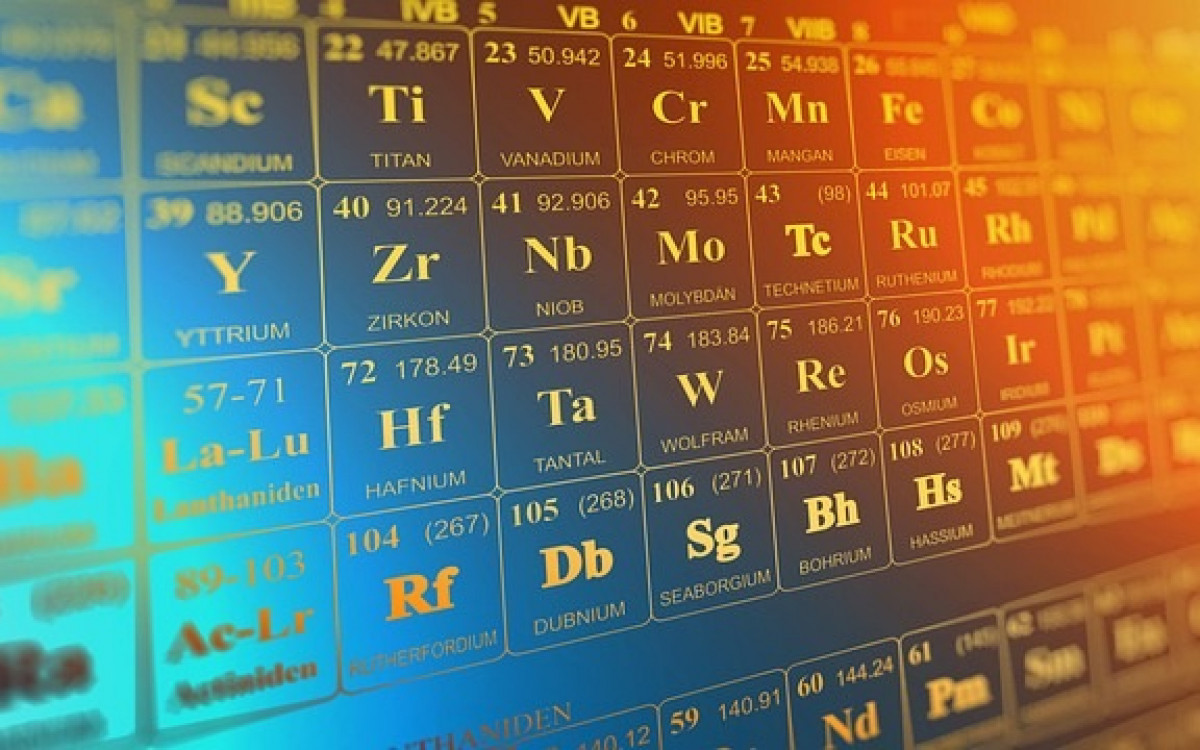The one who did leave for later understands what needs to be done now. Procrastination is much more than just laziness or irresponsibility. After all, the vast majority of the time we don't decide to procrastinate, but we do so involuntarily. Let's understand why we procrastinate?
Read more:
Procrastination, far from being a contemporary phenomenon, has deep roots in human behavior. Searching for answers as to why ancient scholars procrastinated occupied. It was even discussed in the philosophical dialogues of ancient Greece, as evidenced by Plato's work Protagoras.
Understand why we procrastinate
To understand the process that leads us to procrastinate, we need to look at the evolutionary history of the human brain. The prefrontal cortex has evolved throughout the natural history of mammals, and is found mainly in primates, including humans. This development is associated with the development of more complex behaviors, such as planning, decision-making, social interactions, and emotional regulation. However, in primates there was a marked increase in the complexity and size of the prefrontal cortex. Allowing for more complex behaviors and interactions between these individuals.
The limbic system, an ancestral part of the brain found in mammals, plays a crucial role in many functions. Emotions, memory, and stress response arise from it. Evolutionarily speaking, they arose before the prefrontal cortex and are associated with more primitive behaviors, such as foraging, reproduction, and responding to threats. The limbic system consists of structures such as the hypothalamus, amygdala, and hippocampus, and is responsible for influencing emotional and motivational responses, often playing an essential role in regulating behavior and survival.
So, when we face a daily task like schoolwork, a company report, or even writing an essay on procrastination, the prefrontal cortex comes into play, organizing the house so we can get ready for work. However, the limbic system can immediately view this task as something uncomfortable or unpleasant that will put us at risk. Then he takes the initiative and leads us to search for more enjoyable things.
This dynamic between two very important areas of the brain creates an internal battleground, where the immediate impulse of the limbic system often wins out, leading to procrastination. This biological preference for immediate rewards and postponing important tasks is ingrained in human nature, illustrating that procrastination does not simply stem from lazy habits or inefficiency. But this preference to leave things for later, although rewarding in the short term, brings a lot of headaches down the road.
One Stady Led by Dr. Diane Tice and Roy Baumeister, they tracked the performance, stress, and overall health of a group of college students throughout the semester. While the procrastinators originally showed lower levels of stress, by the end of the semester, they were not only more stressed, but they also received lower grades.
Parallel to this scientific analysis, procrastination also appears in ancient writings, such as the works of Aristotle, who depicted “akakrasia” as “weakness of will.” However, this weakness of will is actually a very strong willpower, but to do something else. So, don't stress yourself out during a procrastination crisis. You feel different, and your mind is fighting a battle. Be kind to yourself and look for alternatives to improve your productivity in that moment.

“Hardcore beer fanatic. Falls down a lot. Professional coffee fan. Music ninja.”







More Stories
Are you addicted to memes? Understand how “Brainrot” can steal your attention and harm your life.
Scientists pave the way for the emergence of a new element in the periodic table | World and Science
Science Backs Yoga’s Benefits for Women Who Want to Live Longer